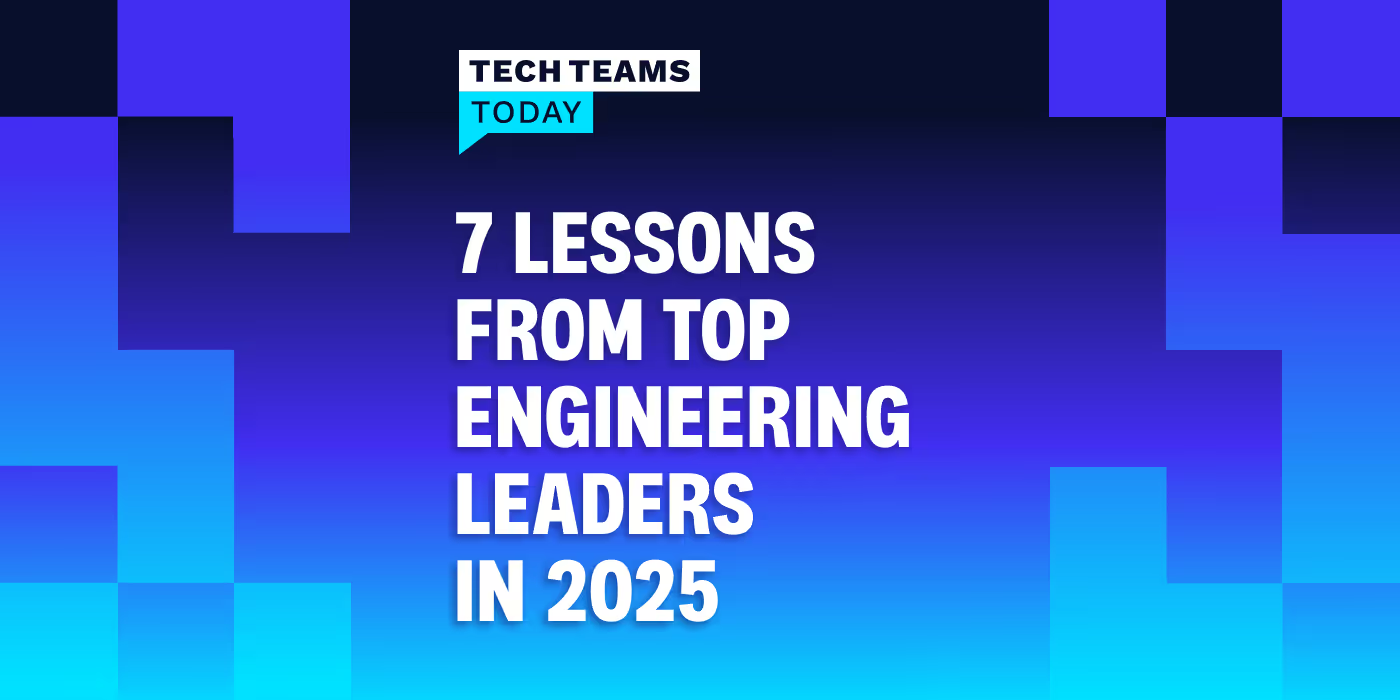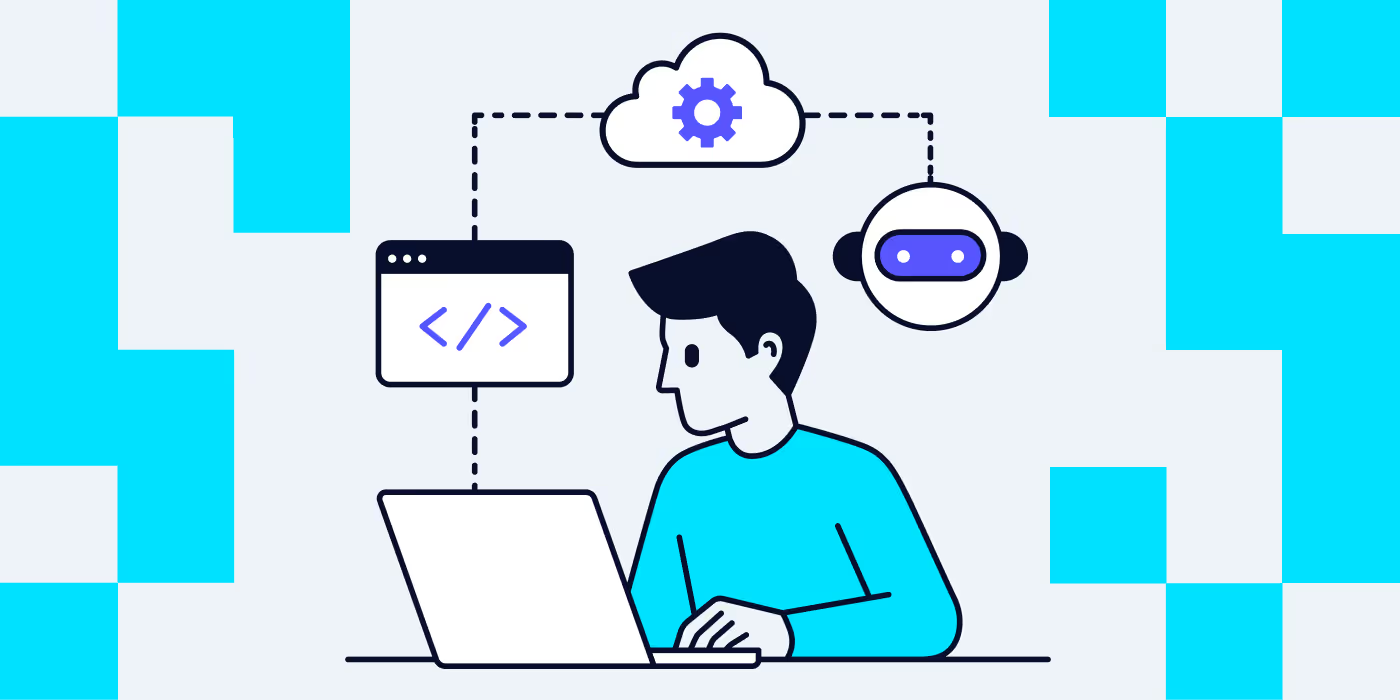This year on Tech Teams Today, I’ve had the privilege of speaking with engineering leaders across industries—media, health tech, gaming, infrastructure, energy, and beyond.
These leaders are navigating distributed teams, scaling AI integration, rethinking product strategy, and shaping the next wave of engineering culture. Here's what stood out most—and might help you lead better in the back half of 2025.
1. AI Is Changing the Work—But People Still Drive the Outcomes
Engineers today are building with AI, not just coding around it. That means designing smarter feedback loops, prompting with precision, and understanding where models fall short.
When used well, AI multiplies productivity. But without human judgment, it’s just noise.
Takeaway: Hire people who know when to collaborate with AI—and when to override it.
2. Everyone’s AI Adoption Journey Looks Different
Some teams are running on AI-assisted workflows 24/7. Others are still experimenting in staging. And that’s okay.
There’s no gold standard right now—what matters is aligning the pace of adoption with your team’s comfort, needs, and risk profile.
Takeaway: AI maturity is not a race. Be deliberate, not reactive.
3. The ROI of AI in Engineering Is Still Blurry
Ask five teams how they measure the impact of AI tools—you’ll get five different answers. Is it time saved? Bugs reduced? Morale improved?
Most leaders agree: we're still figuring it out.
Takeaway: Focus less on perfect metrics and more on continuous feedback. Track adoption, satisfaction, and velocity—then refine from there.
4. Ownership > Output
The strongest teams don’t just ship—they take responsibility for why they’re shipping.
Whether it’s fixing infrastructure or launching a new product, the standout engineers are the ones who treat problems like they own them. Autonomy with clarity builds momentum faster than any sprint velocity metric.
Takeaway: Make expectations clear. Then trust your team to deliver.
5. Remote Culture Needs More Than Tools
Everyone’s remote now. But culture doesn’t come from async updates and Zoom calls alone.
The best teams carve out moments for real connection—whether it’s offsites, Slack rituals, or casual syncs that build trust. Disconnection is the real risk—not distance.
Takeaway: Remote is default. Connection is a choice.
6. For Aspiring Engineers, Principles > Tools
Tooling changes fast. What doesn’t? Core fundamentals—problem-solving, systems thinking, communication.
Engineers early in their careers shouldn’t stress about chasing the latest framework. Focus on mastering the underlying concepts that outlast trends.
Takeaway: Help junior engineers build foundations, not just stacks.
7. The Best Leaders Stay Close to the Work
The most effective leaders I spoke to weren’t buried in dashboards—they were experimenting with tools, shipping internal prototypes, and staying hands-on with what their teams were navigating.
It’s not about being the smartest in the room—it’s about understanding enough to lead with empathy and clarity.
Takeaway: Stay curious. Stay close. That’s how you stay relevant.
What Great Looks Like in 2025
- Adaptive, AI-aware workflows
- Product-savvy engineers
- Cultures built on trust, not micromanagement
- Leaders who learn and ship
- Teams that ask why before how
If you’re building this way—you’re already ahead. Let’s keep building.
And if you haven’t yet, subscribe to the Tech Teams Today podcast on your platform of choice. You’ll leave with at least one idea worth trying.
Tech Teams Today on Apple Podcasts
Shoutout to all of the brilliant guests we've had on Tech Teams Today in 2025 ->
Moin Moinuddin, Julian Ramirez, Bruno Leite, Heather Townsend, Ken Kao, Charlie Hill, Ryan Cooley, Ferdinand F. Hingerl, PhD, Joshua Krohn, Kevin Roche, Jordan Nemrow






